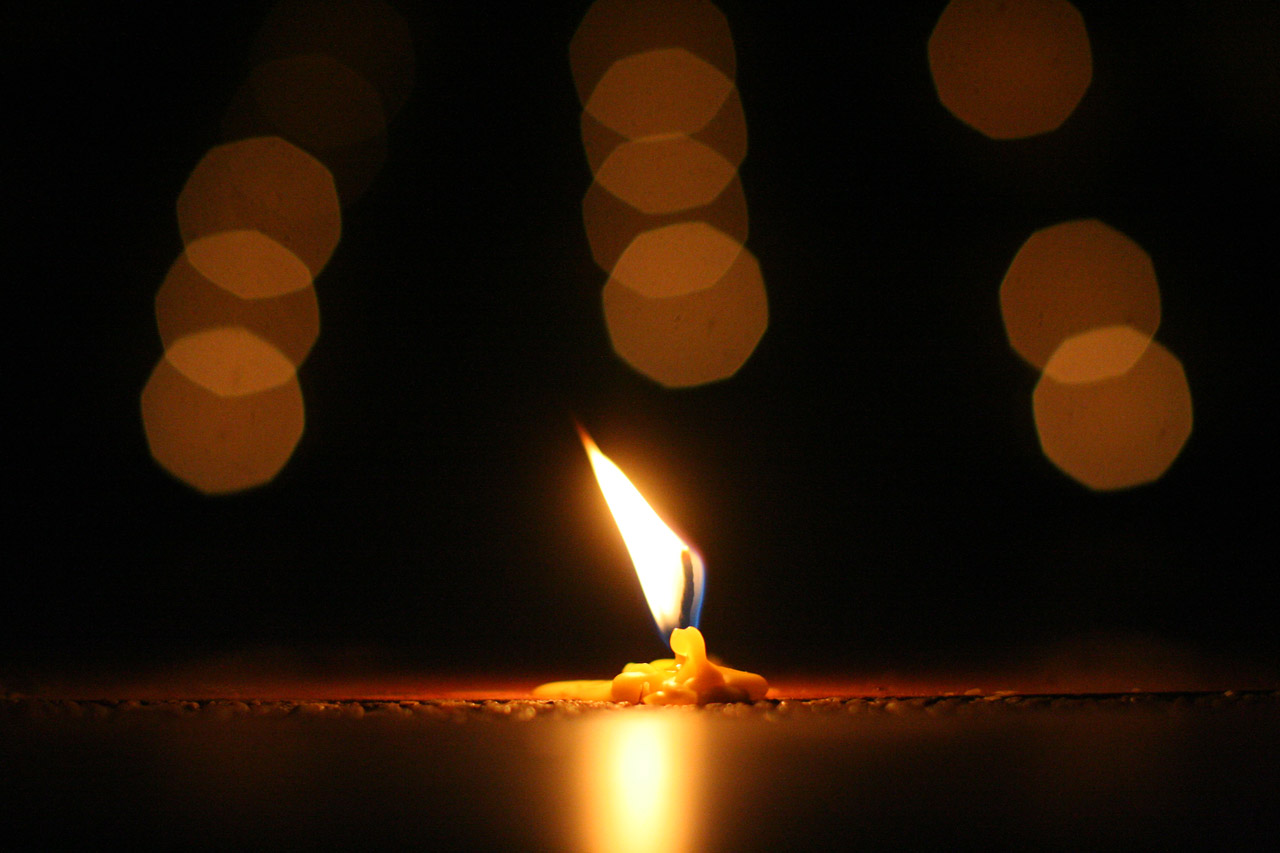Light or darkness: a dichotomy that reverberates through the annals of human experience and spiritual philosophy. In the myriad teachings of the Bahá’í Faith, the invocation to “light a candle or curse the darkness” encapsulates a profound principle: the transformative power of action in response to the world’s challenges. This duality encourages individuals to transcend their instinctual proclivity for despair and instead engage in purposeful endeavors that illuminate the path forward. Herein lies the foundation for a Bahá’í call to action, urging adherents to contribute positively to a world often shrouded in tribulation.
At the heart of Bahá’í teachings is the acknowledgment of the pervasive darkness of ignorance, prejudice, and social injustice. It poses a playful question: in the face of overwhelming adversity, do we choose passive lamentation or active engagement? Firstly, the Bahá’í perspective asserts that passivity perpetuates darkness. Remaining idle in the face of injustice is akin to cursing the very conditions we bemoan. The transformative journey begins with personal reflection. One must first illuminate the innate capacities bestowed by the Creator—compassion, kindness, and a desire for justice—and wield them against the shadows that bedevil society.
Engaging in community service stands as a fundamental expression of Bahá’í principles. It is through collective action that individuals forge connections that transcend ethnic, cultural, and religious divides. The teachings underscore the importance of unity in diversity, promoting the notion that a concerted effort can rekindle hope in the hearts of the downtrodden. The act of “lighting a candle” can manifest in myriad forms—volunteering, educating others, and promoting understanding. Each action, however minute, contributes to an interconnected web of goodwill and social upliftment.
Notably, one must confront the challenge of potential apathy and disillusionment. In environments rife with strife, it is all too easy to yield to cynicism, ultimately cursing the darkness without attempting to dispel it. Bahá’í teachings advocate for the cultivation of an inner resilience; an understanding that while individuals cannot address every ill, they can positively impact their immediate surroundings. By fostering a mindset anchored in optimism, adherents are reminded to focus on what is within their power. In essence, every individual is a potential catalyst for change, capable of igniting a beacon of hope amidst desolation.
Furthermore, the Bahá’í Faith emphasizes the implementation of systematic methods of problem-solving. Acknowledging that challenges often stem from deep-seated societal structures, the Bahá’í community promotes the use of consultative processes. These gatherings allow for the convergence of diverse perspectives, fostering a spirit of collaboration rather than competition. Consequently, the enriching exchange stimulates collective action, illuminating paths previously obscured by darkness. This consultative approach is a vital reminder that in the quest for justice and progress, unity of purpose can yield transformative results.
The Bahá’í call to action also encompasses awareness and knowledge dissemination. Intellectual engagement with the issues affecting humanity is paramount. Individuals are encouraged to immerse themselves in educational pursuits aimed at understanding the complexities surrounding social challenges such as poverty, discrimination, and environmental degradation. The phrase “light a candle” extends to the realm of education, implying that knowledge serves as a lamp—illuminating the minds and hearts of individuals, empowering them to act sagaciously in their communities.
A pivotal challenge that arises is the need for sustained commitment. The flame of action can flicker if not diligently nourished. Therefore, individuals must cultivate a habit of persistent engagement, creating spaces for dialogue and reflection. This dynamic not only enlivens one’s own spirit but also fosters resilience within community structures, enabling individuals to persist in their efforts against pervasive darkness. In this way, action is not a singular event; rather, it is a journey characterized by continuous progression.
As Bahá’ís strive to embody these principles, we are beckoned to consider the legacy we wish to leave for future generations. Reflecting upon the question posed earlier—will we light a candle or curse the darkness?—it becomes increasingly evident that the choices made today reverberate far beyond the immediate. The Bahá’í teachings invite individuals to imagine a future where the light of truth, justice, and compassion pervades the world. This vision transcends superficial differences and urges individuals towards a higher purpose. The collective actions taken today are, therefore, instrumental in paving the way for a global society wherein darkness is but a memory, replaced by a radiant era of peace and unity.
Ultimately, the Bahá’í call to action beckons each individual to embrace their agency. The path illuminated by candlelight calls forth the latent potential within, uniting hearts and minds in a shared endeavor. The question remains ever relevant and wields an intrinsic challenge to each seeker of truth: how will you contribute to dispelling the darkness around you? Igniting the light within is not simply a personal journey; it is a commitment to collective progress, enshrined in the very essence of Bahá’í beliefs. The decision to act becomes a testament to the enduring light of the human spirit.
